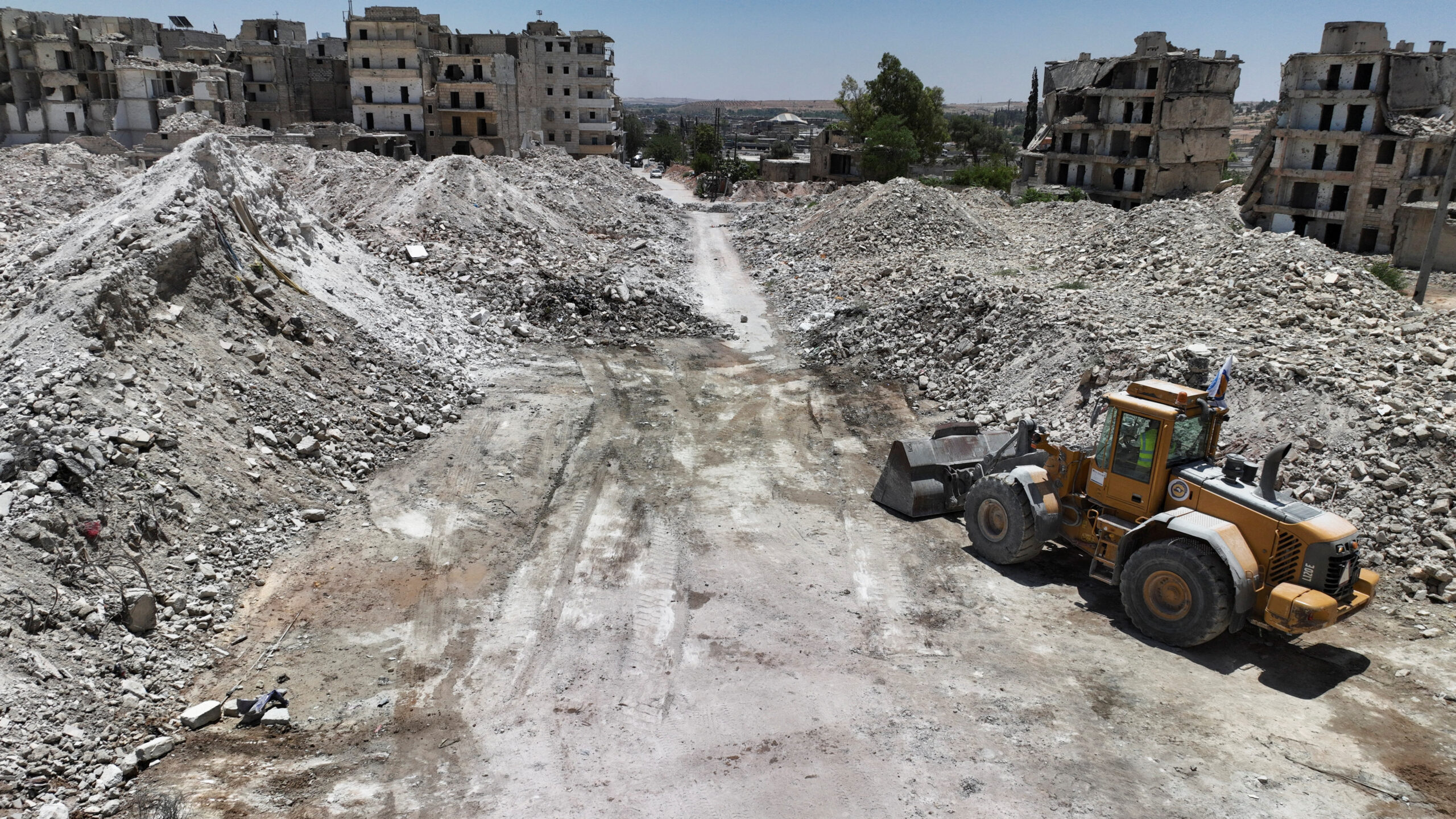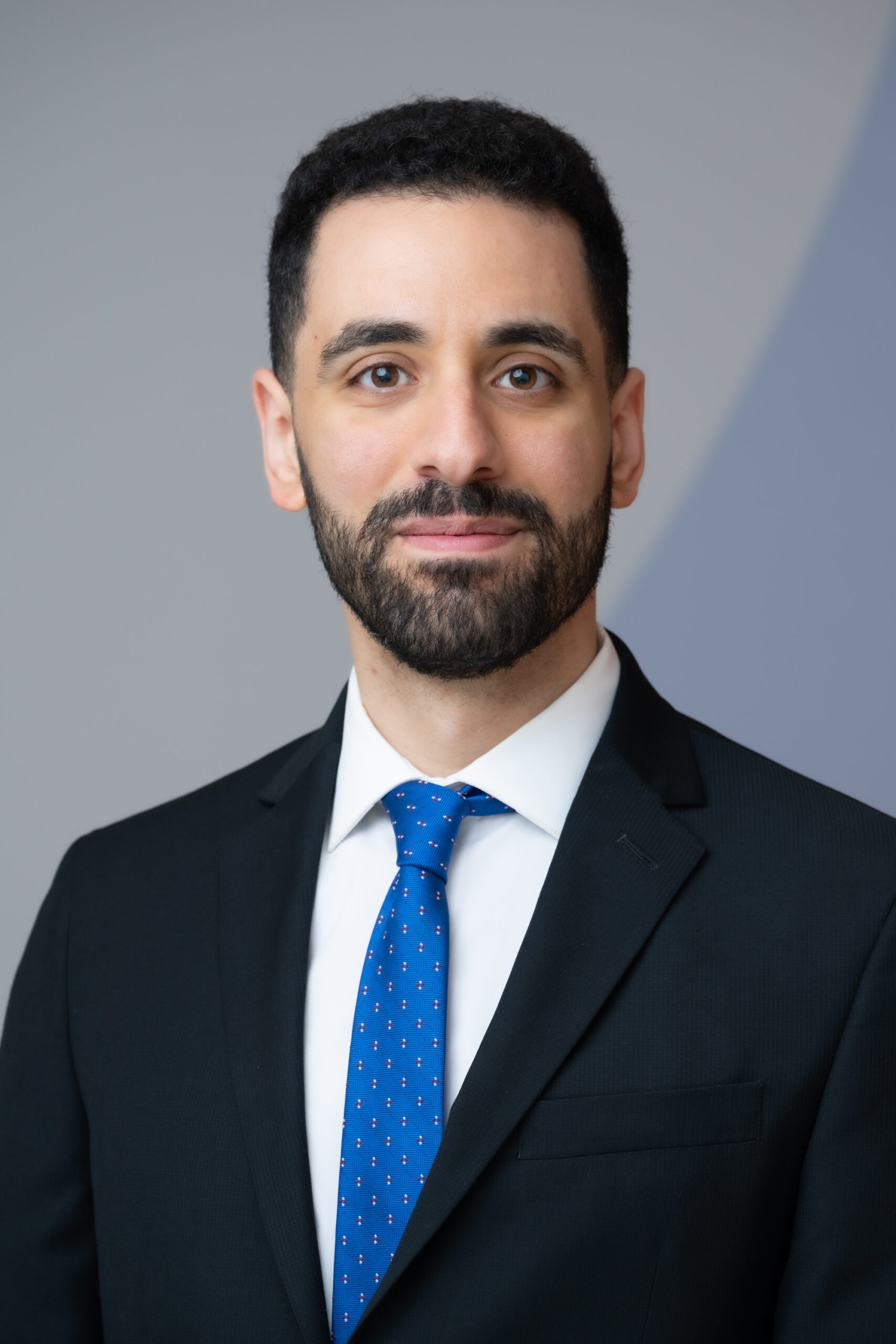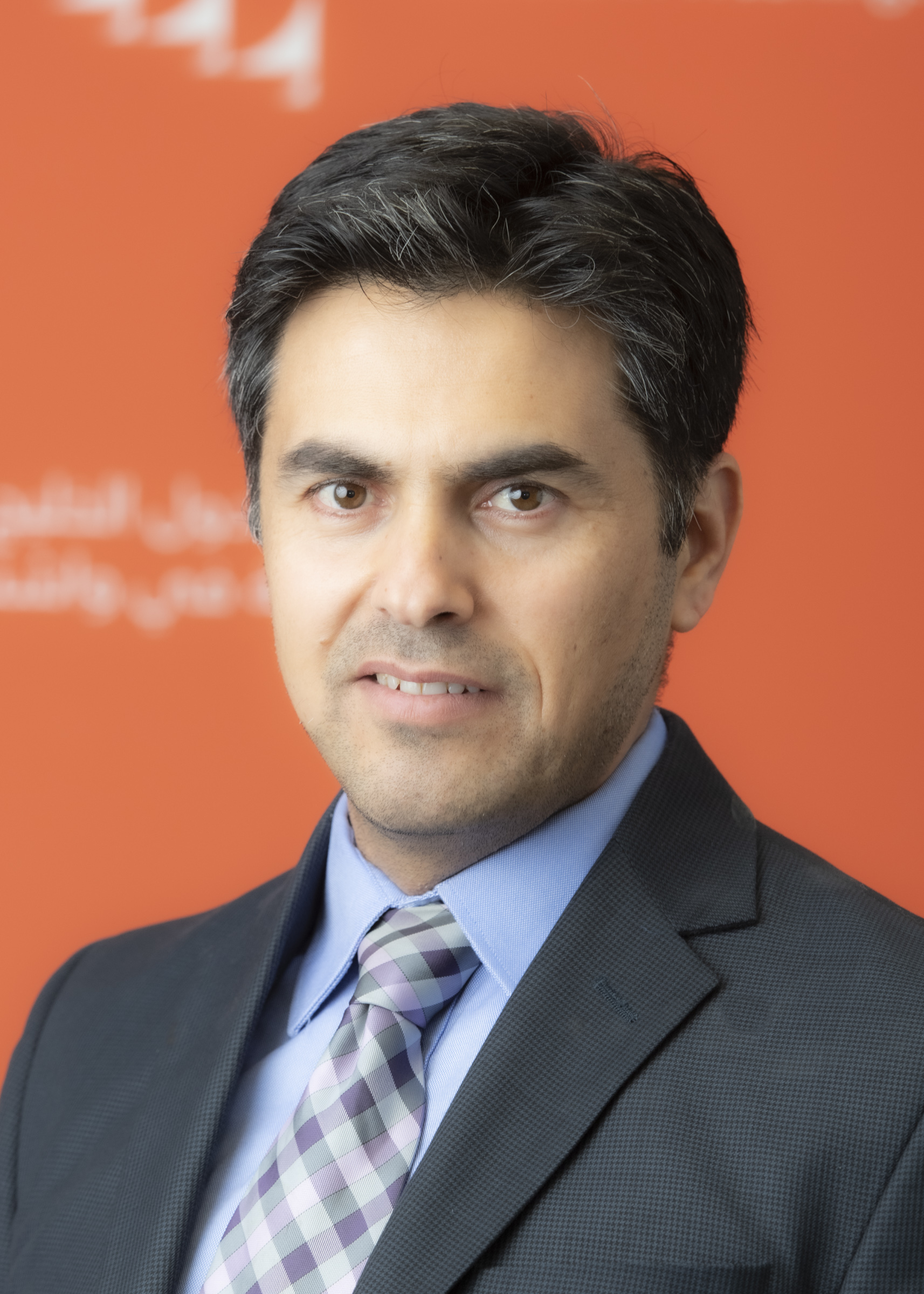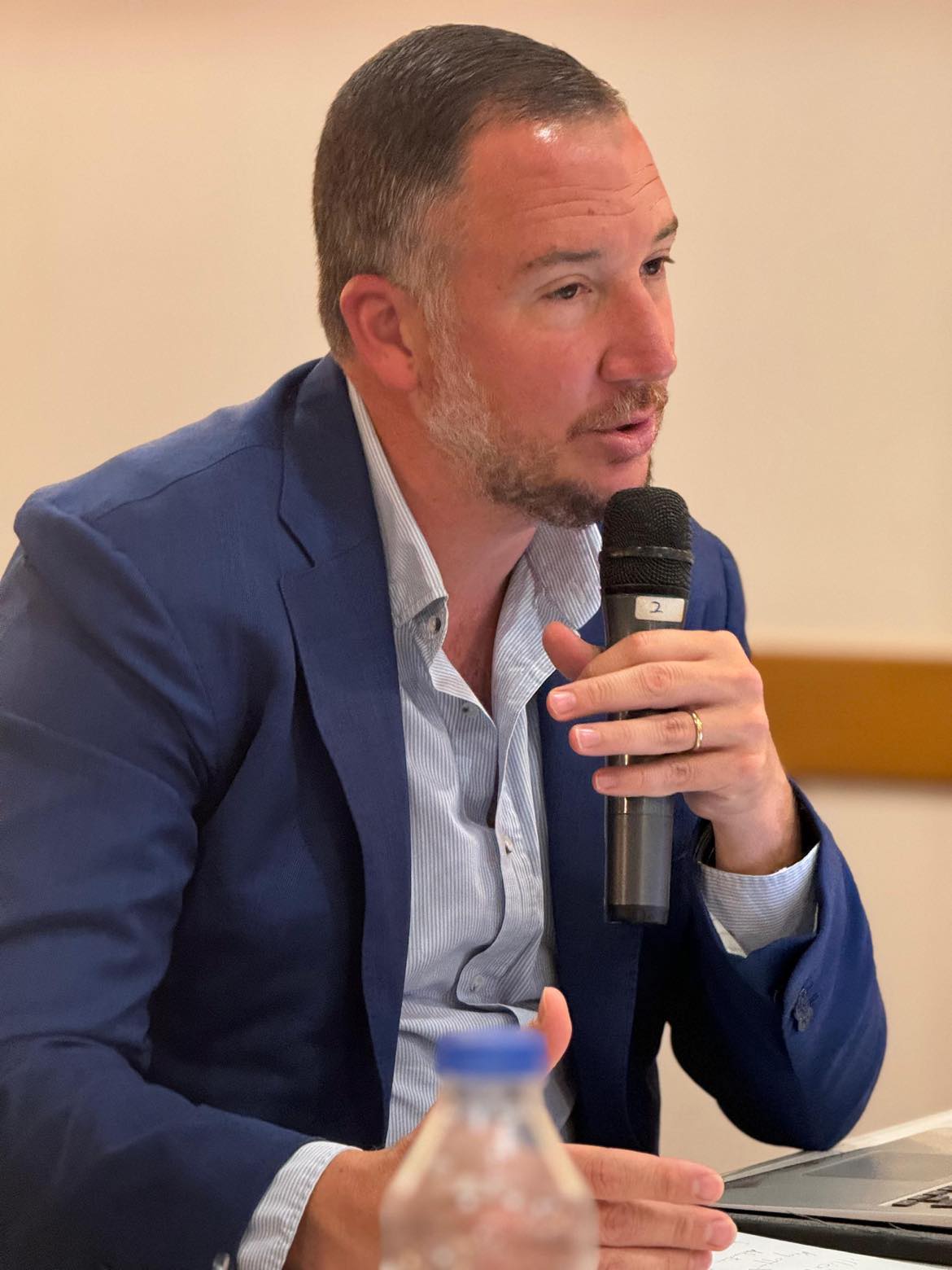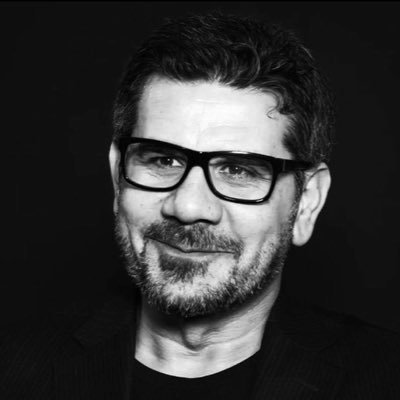Syria
Feb 17, 2026
Outlook 2026
AGSI experts assess the trends likely to shape the Gulf region and U.S. foreign policy in 2026.

Feb 6, 2026
Regional States Test the Economic Waters in Syria
New investment deals, mainly from the Gulf states and Turkey, are opening a path for Syrian reconstruction. But the fragile security situation and financial environment remain hurdles for foreign investment.
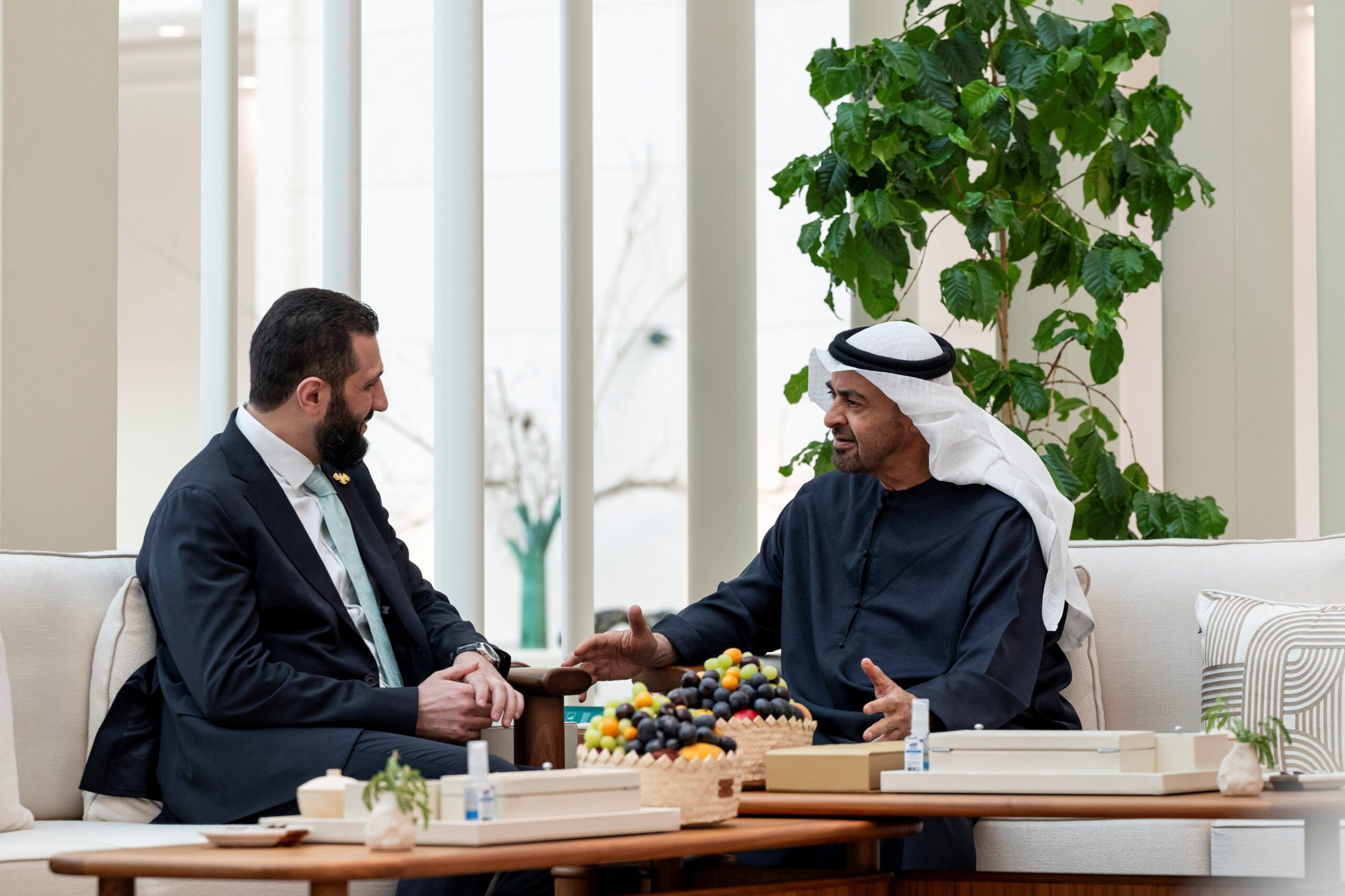
Dec 22, 2025
Outlook 2026: Prospects and Priorities for U.S.-Gulf Relations in the Year Ahead
On January 8, AGSI hosted a virtual roundtable with its leadership and scholars as they look ahead and assess trends likely to shape the Gulf region and U.S. foreign policy during the coming year.

Dec 19, 2025
Recasting Syria After Assad: Saudi Arabia’s Bid to Shape a Gulf-Led Regional Order
Saudi Arabia’s early, front-loaded engagement in Syria is part of a preemptive strategy to shape conditions before rival actors can fill the vacuum.
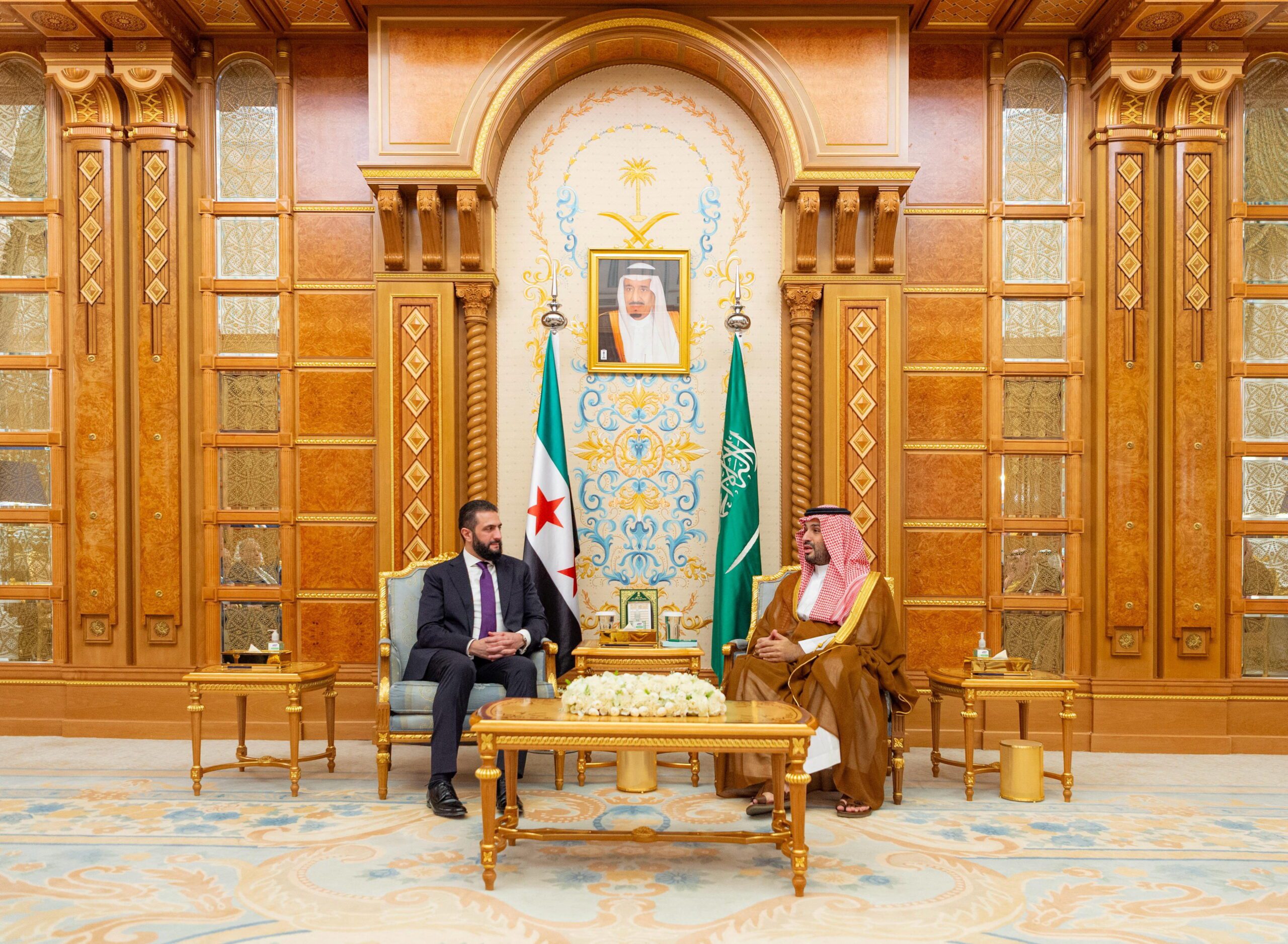
Nov 7, 2025
Mr. Sharaa Goes to Washington
While the Syrian president is the one coming to Washington, he and President Trump each have flipped the script, surprising skeptics with bold action and fresh approaches, opening a desperately needed conversation on Syria.
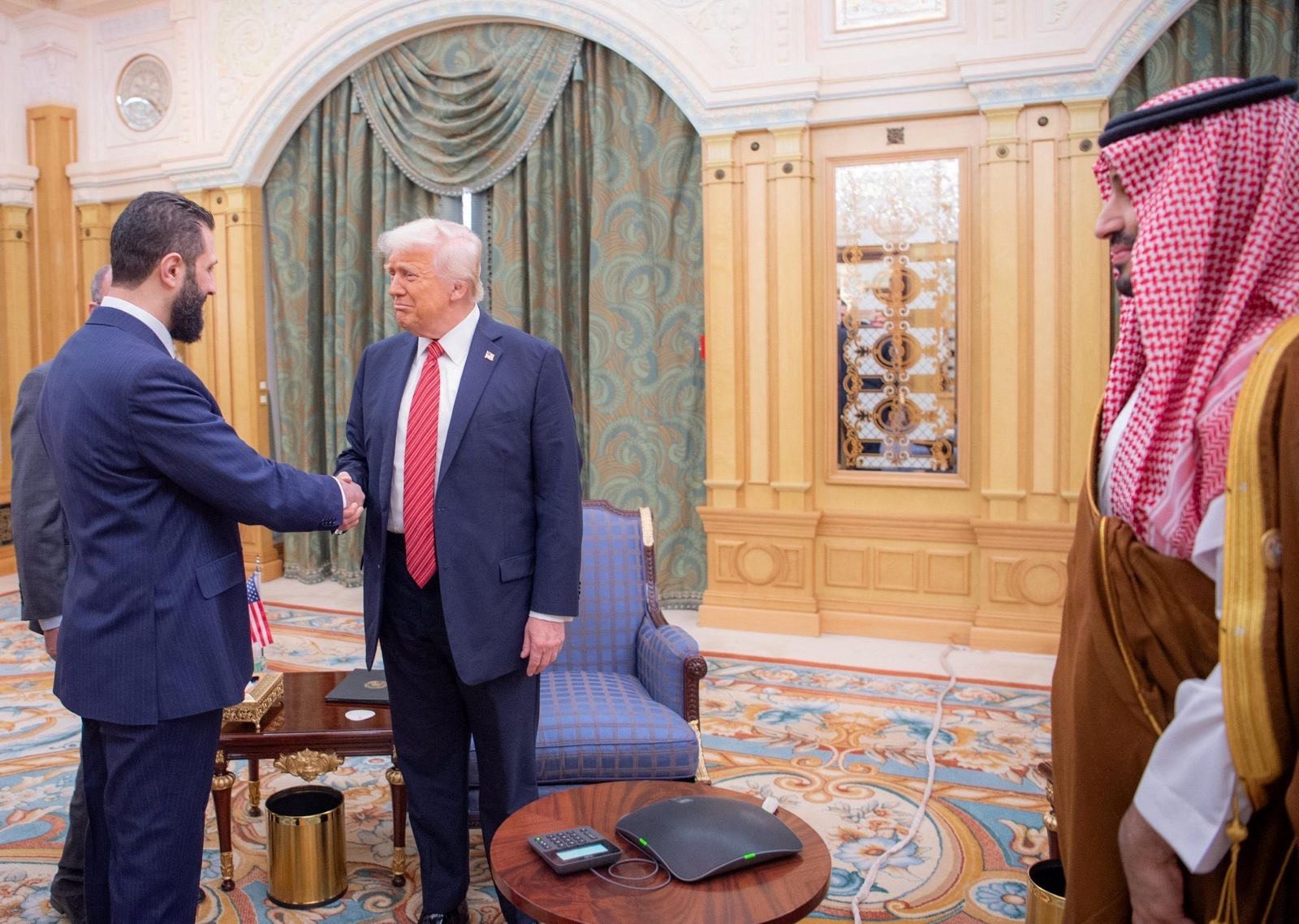
Sep 23, 2025
Centralized Rule Is Not a Panacea for Failed States in the Middle East
Decentralized governance efforts in the region, while offering promise to societies fractured by years of dictatorship and war, will be messy, inconsistent, and vulnerable to reversal and external manipulation.
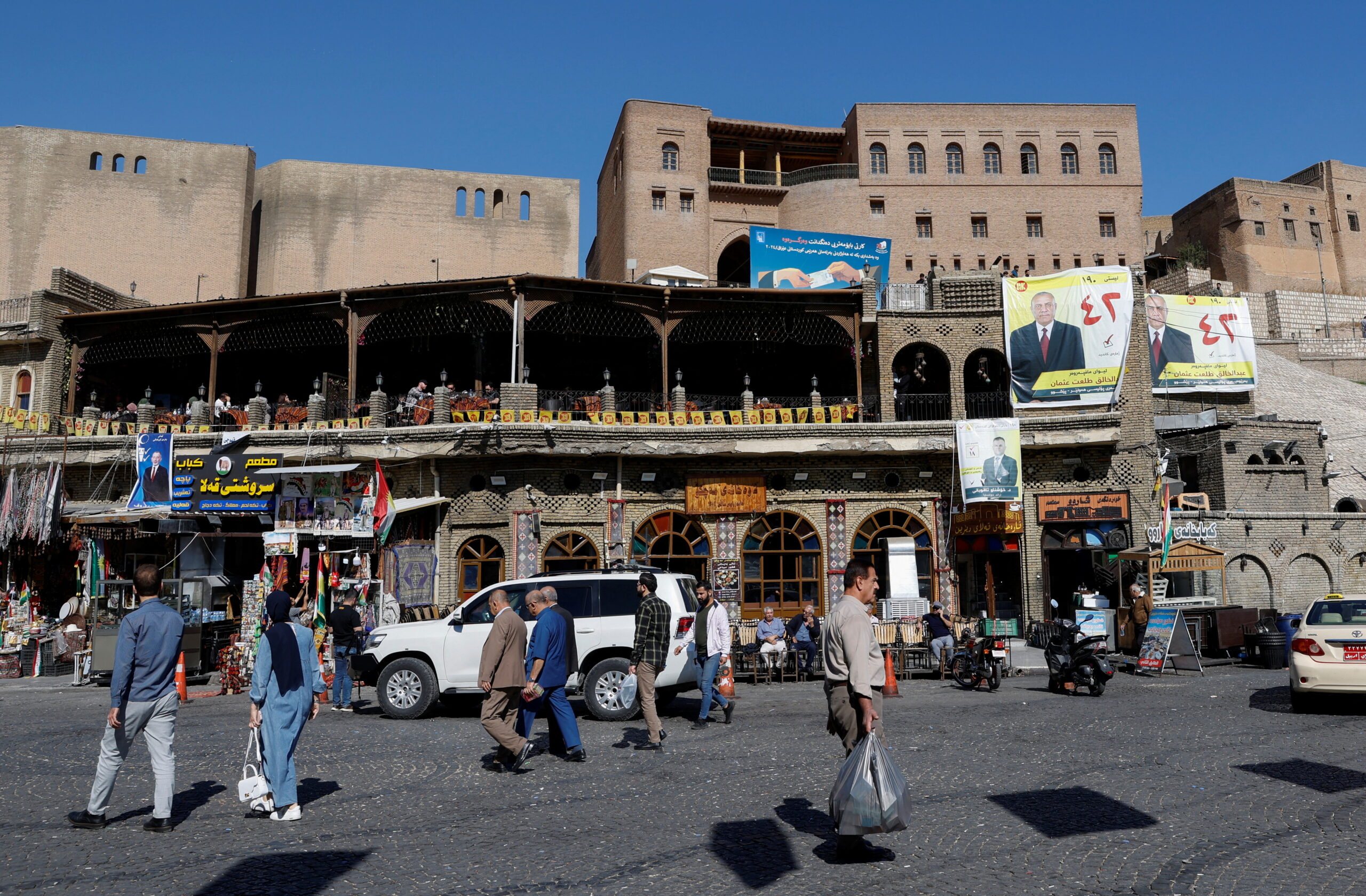
Sep 9, 2025
Is Israel’s Syria Policy Making Gulf States Nervous?
The disconnect on Syria is so profound it risks rupturing the assessment of shared interests that underlies the Abraham Accords and the tentative efforts by others in the Gulf to find the right circumstances and timing to sign on to that project.
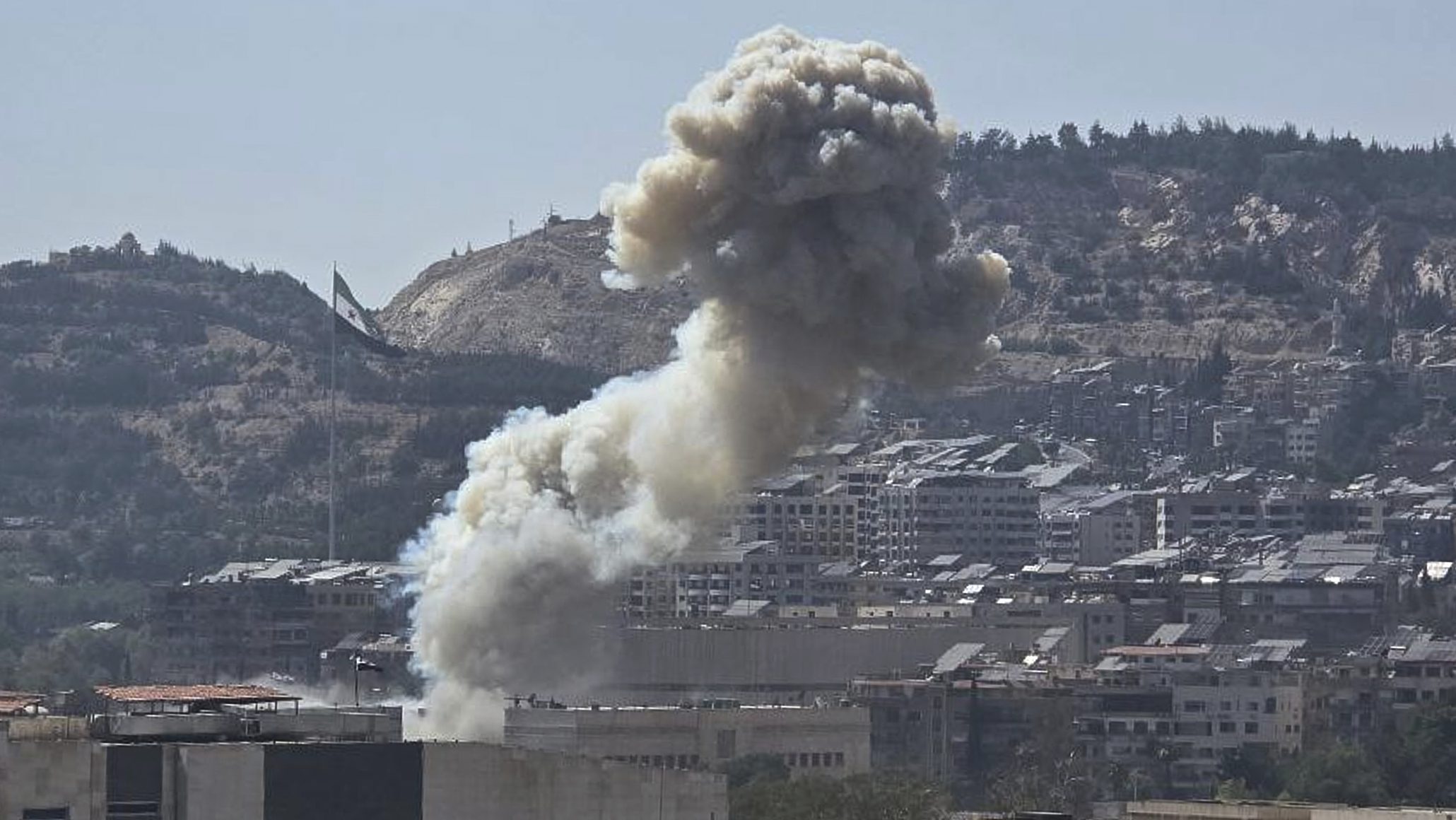
Jul 23, 2025
Rebuilding Syria: Opportunities and Challenges of Postwar Reconstruction
On July 31, AGSI hosted a discussion on Syria's reconstruction efforts.
